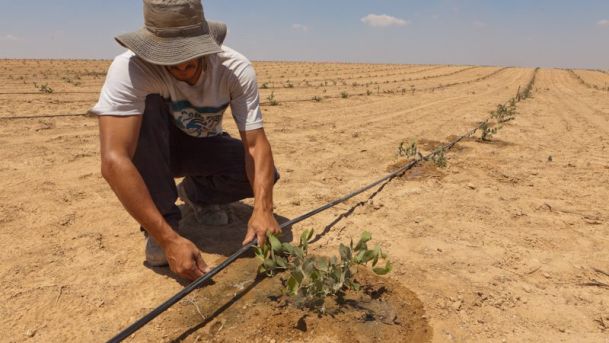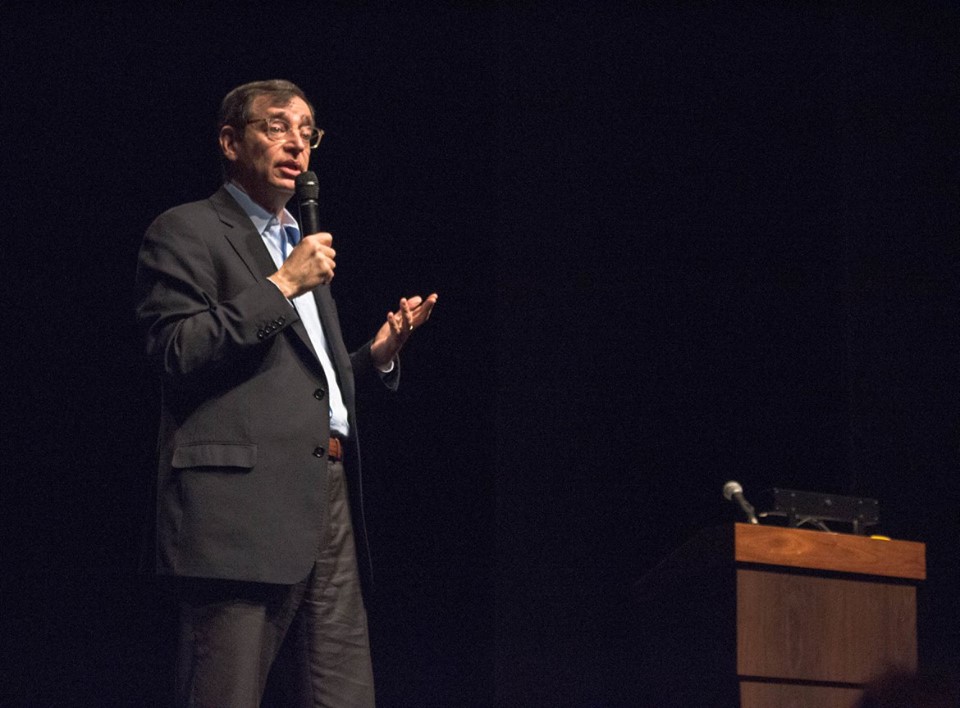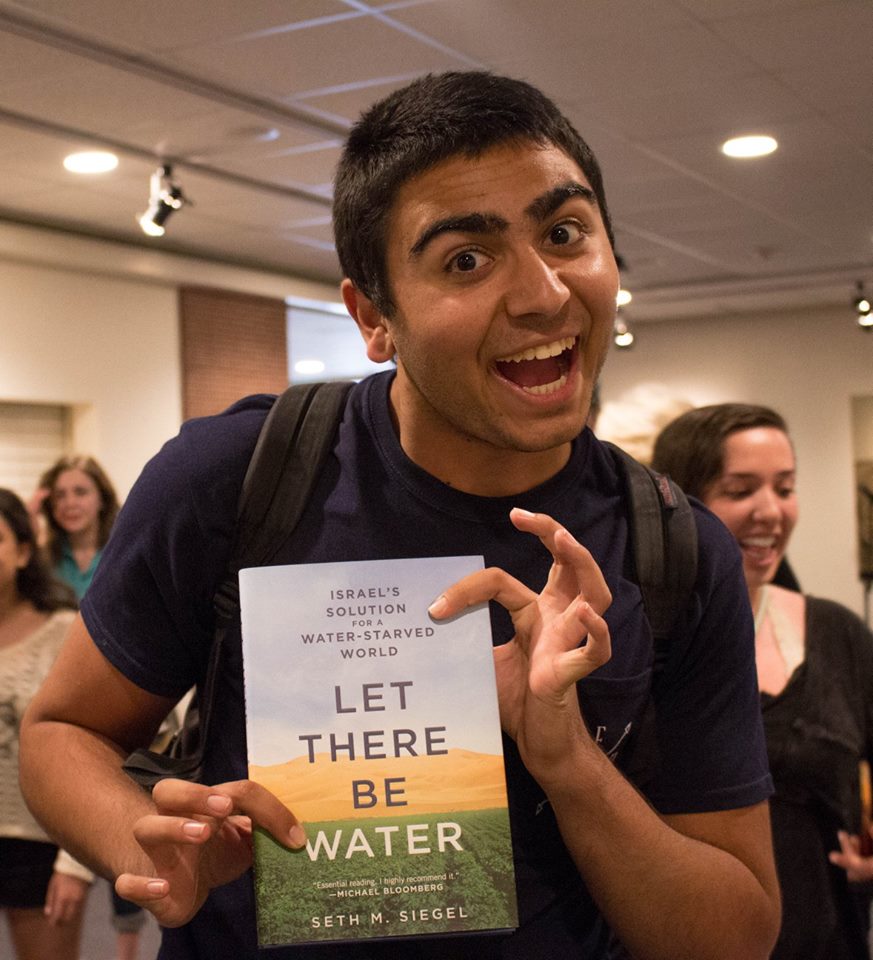Israel is a country with constant droughts. A good year in Israel is a year full of rain. Since it is impossible to depend on a sufficient rainy season, Israelis have developed ways to preserve water resources and manage their limited water resources.

In the 1960’s, Israel’s famous water drip system was created. Dripping water onto plants rather than spraying copious amounts across fields allows farmers to hydrate their produce without wasting water.
In addition, the water used for agriculture is also heavily recycled. 80% of sewage water from Israeli homes is recycled for agriculture use.
Despite lacking resources, Israel manages to hydrate the whole country efficiently. While Hamas fails to develop a clean water supply in Gaza, which Israel gave to Arab control as part of a peace treaty in 2005, Israel fully supplies the Arabs in the West Bank with plenty of water.

Israelis have been working hard on this water issue since the 1960’s, when they developed a desalination system in order to use seawater. At the time, Israel had worked with Iran—both countries wanted to become seawater-based. For a few years, Iran also succeeded to create great water systems to hydrate the needs of Iranians.
However, as the Islamic revolution began, the efforts to build a great water system in Iran faded.
Along with many countries in the Middle East, good living standards in Iran are not currently the highest priority of the government. While citizens live poorly and suffer daily from constant political and social strife, water does not seem like such a big concern.
Seth Siegel, CAMERA speaker and author of Let There Be Water, begs to differ. Water is a critical issue in Iran and many other countries and if it is not confronted, it will come back to bite them. Or more accurately, leave them very thirsty.

Seth Siegel has spoken to a Mustangs United for Israel CAMERA-supported event at California Polytechnic State University on international water crises and works hard to advocate for the need to follow after Israel’s example of developing sufficient water systems.

While he has promoted water systems in California, which suffers from drought, Siegel is more concerned about water, or lack thereof, in politically torn countries.
Turkey holds power over the Tigris and Euphrates River. With control over these water sources, Turkey can withhold water resources from Syria and Iraq. That said, according to a recent study, Turkey does not even have an ample water supply and Syria is already creating a worrisome water deficit.
Similarly, Ethiopia is already suffering and is now competing with Egypt for access to the Nile. While Egypt has a good amount of water, the country uses their resources inefficiently and unfortunately Ethiopia and Yemen already lack sufficient water supply.
Seth Siegel points out the importance of developing sufficient water systems. The lack of water management is feeding the already-heated political tensions in the Middle East. As countries compete for water, and citizens fear they will not have enough, daily living conditions such as water supply may be turning the ideological fights of the Middle East into resource wars as well.
This continuing problem of water carries a lot of weight on security in the Middle East. However, as Seth Siegel argues, the problem could be averted. If Middle Eastern countries were willing to accept help from Israel, they could better manage their water supplies and also improve political relationships. Hopefully countries will begin to see Israel as part of a solution for their resource troubles, rather than continuing on to work against the state of Israel.
For more information on Seth Siegel’s book, Let There Be Water, visit his site.
Contributed by CAMERA Intern Penina Simkovitz.

